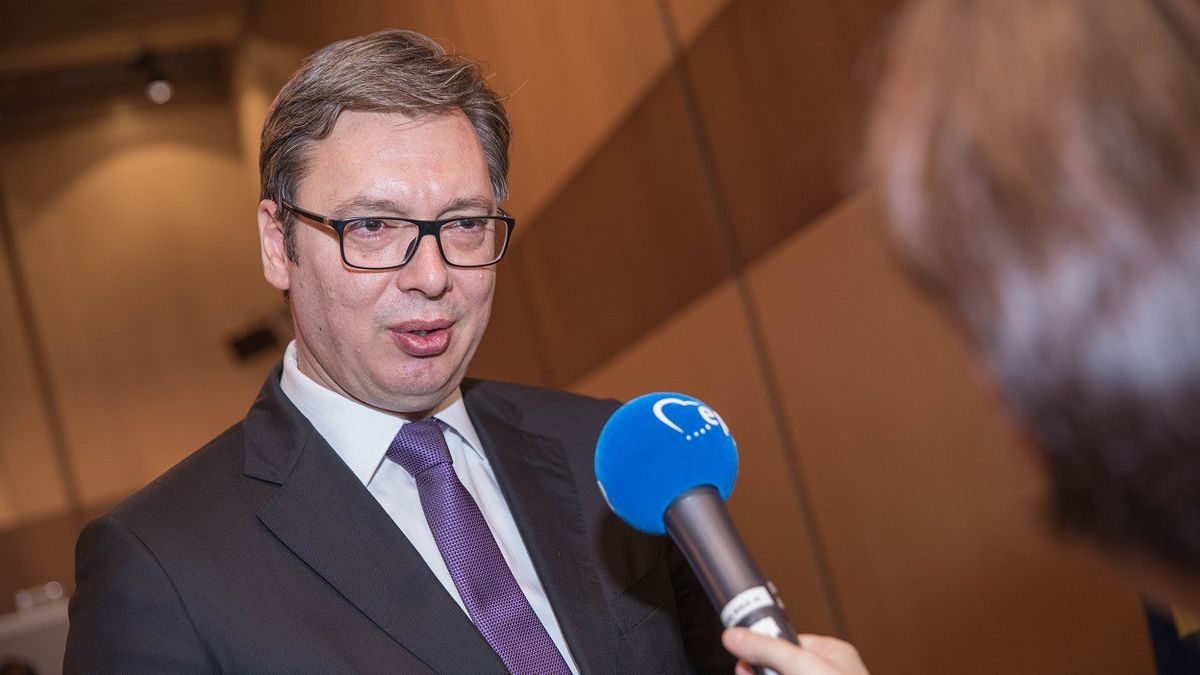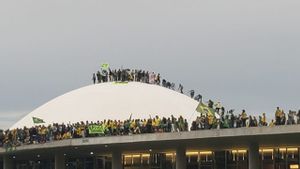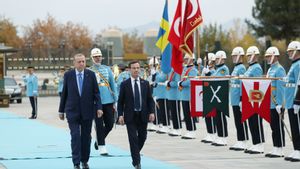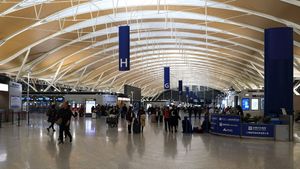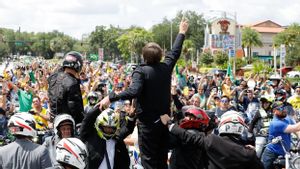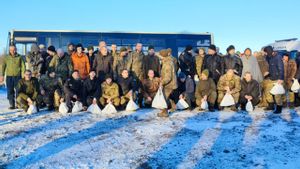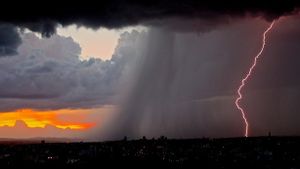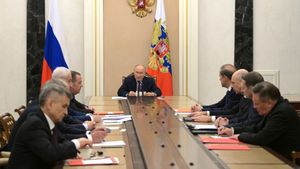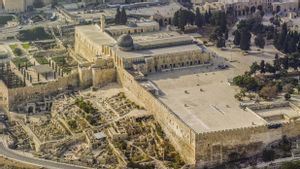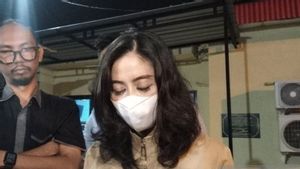JAKARTA - The NATO (North Atlantic Treaty Organization) mission in Kosovo, KFOR, has rejected a request by the Government of Serbia to send up to 1,000 police and army personnel to Kosovo, after clashes between Serbia and Kosovo authorities, President Aleksandar Vucic said Sunday.
The former Serbian province of Kosovo declared independence in 2008, after a 1998-1999 war in which NATO bombed the Federal Republic of Yugoslavia, which then included Serbia and Montenegro, to protect Albanian-majority Kosovo.
"They (KFOR) replied that they consider it unnecessary to return Serb soldiers to Kosovo, citing the UN resolution that approved their mandate in Kosovo", President Vucic said in an interview with the private Pink television, reported Reuters January 9.
Last month, for the first time since the end of the war, Serbia requested a troop deployment in Kosovo in response to clashes between Kosovo and Serb authorities in the north, where they form the majority.
The UN Security Council resolution said Serbia may be allowed, if approved by KFOR, to station personnel at border crossings, Orthodox Christian religious sites, and areas with a Serb majority.
Vucic criticized KFOR for informing Serbia of its decision ahead of Orthodox Christian Christmas after Kosovo police arrested an off-duty soldier who allegedly shot and injured two young Serbs near the town of Shterpce.
Police said the two victims, aged 11 and 21, were taken to the hospital and their injuries were not life-threatening.
Kosovo authorities condemned the incident, which has inflamed tensions.
Separately, Serbian media reported that another youth was allegedly attacked and beaten by a group of Albanians early Saturday, while media in Pristina reported that a Kosovo bus bound for Germany via Serbia was attacked and its windshield smashed with rocks the same day.
On Sunday, several thousand Serbs staged a peaceful protest in Shterpce, against what they called "violence against Serbs".
SEE ALSO:
International organizations have condemned the attack, which is expected to deepen distrust between the ethnic Albanian majority and the roughly 100,000 ethnic Serbs living in Kosovo. Half of them live in the north and most refuse to recognize Kosovo's independence.
Meanwhile, Goran Rakic, head of Serb List, which is the main Serbian party in Kosovo, accused Kosovo Prime Minister Albin Kurti of trying to expel Serbs.
"The goal is to create conditions in such a way that Serbs leave their homes", said Rakic.
"My message is that we must not give up", he said.
The English, Chinese, Japanese, Arabic, and French versions are automatically generated by the AI. So there may still be inaccuracies in translating, please always see Indonesian as our main language. (system supported by DigitalSiber.id)
